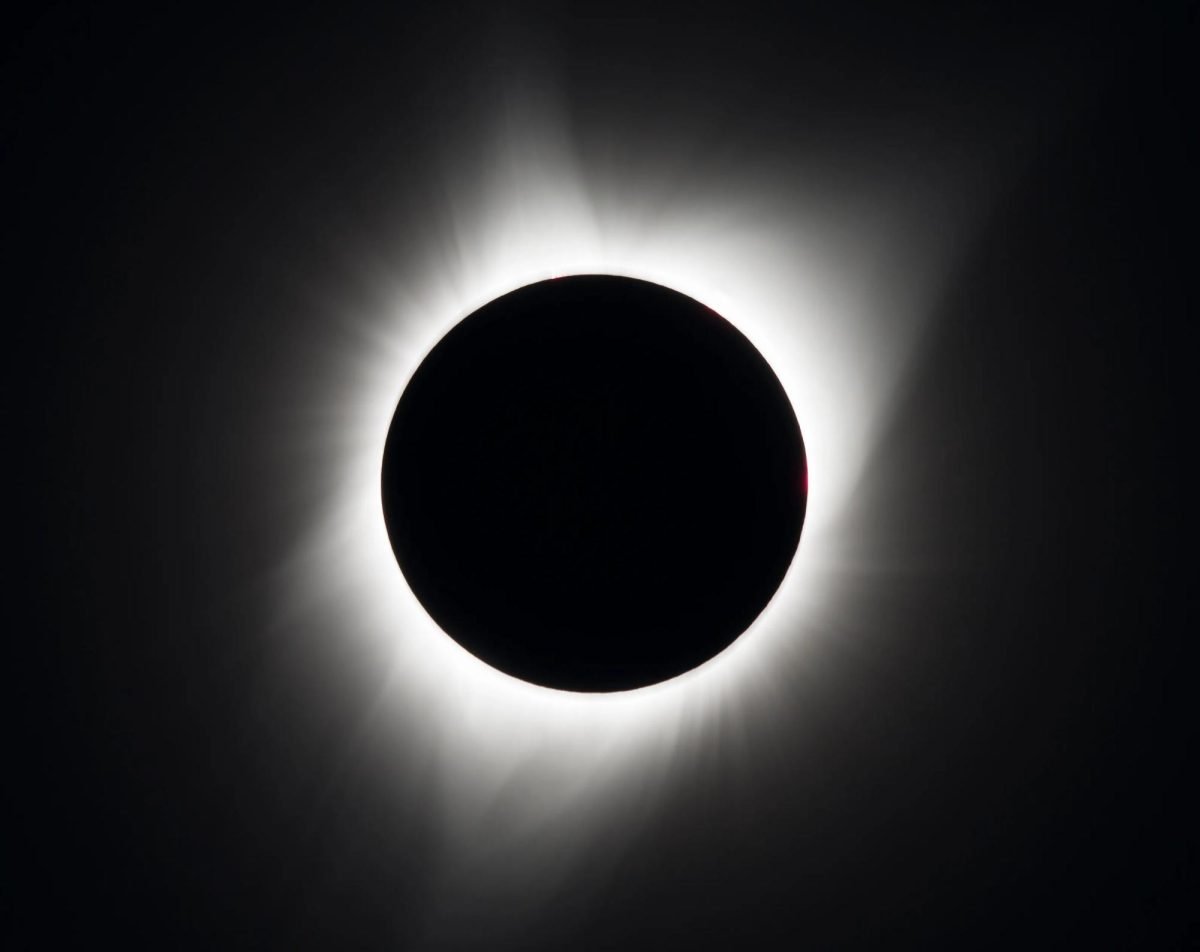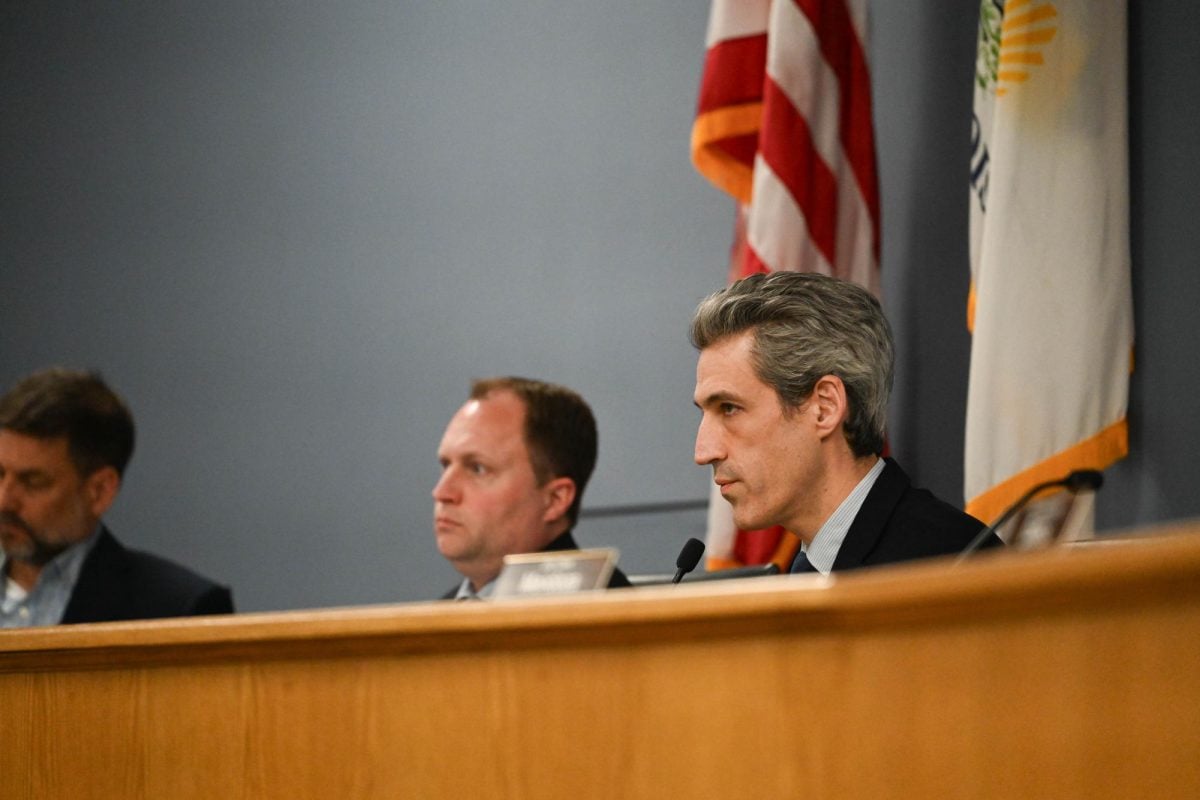A total solar eclipse will pass across North America Monday. It has captured nationwide attention as it is the only total solar eclipse until 2044.
Weather permitting, Evanston residents will be able to observe the moon blocking sunlight as it passes between the sun and Earth. The eclipse will begin at 12:51 p.m. and end at 3:22 p.m., giving residents over two hours to catch a glimpse of the celestial phenomenon.
The eclipse will peak at 2:07 p.m., with the moon covering about 94% of the sun.
Robert Crown Community Center will have solar glasses available for residents while supplies last, from 12:30 p.m. to 2:15 p.m. The center will also have a viewing event on the center’s turf fields, starting at 12:45 p.m.
The Evanston Ecology Center is hosting a viewing event at Ingraham Park from 1:30 p.m. to 3:00 p.m. There will be solar glasses, as well as telescopes and binoculars available to see the eclipse.
NASA advises eclipse watchers to avoid directly looking into the sun without eye protection. It can cause retinal damage which can lead to temporary or permanent blindness.
Email: [email protected]
Twitter: @anavi_52
Related Stories:
— Robyn Gabel previews upcoming environmental legislation
— Residents, EPL prepare for Saturday’s partial solar eclipse Evanston prepares for solar eclipse







